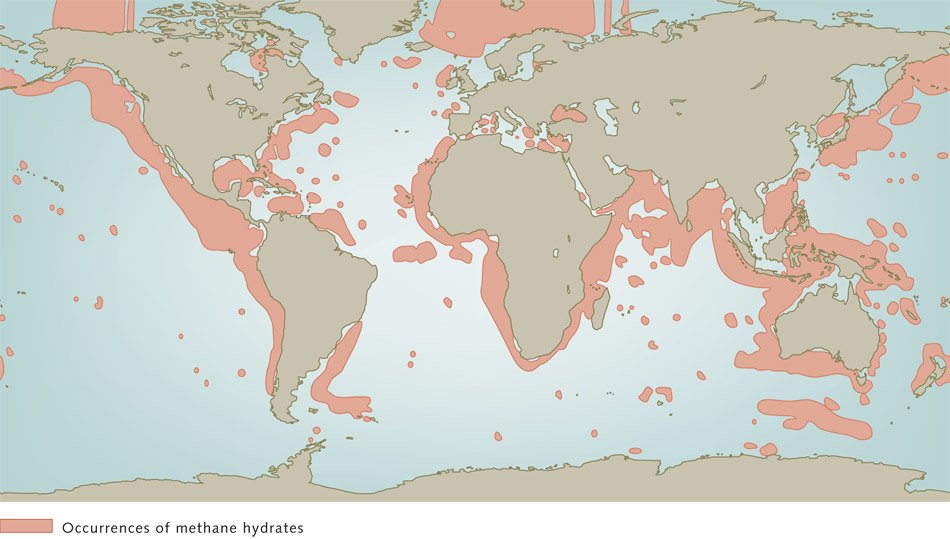
A new article by Sovacool et. al. in Nature Energy claims nuclear energy is not associated with lowering GHG emissions while renewables are.
The article's analysis does not support this contention but rather reflects the dynamics of global energy poverty nature.com/articles/s4156…
The article's analysis does not support this contention but rather reflects the dynamics of global energy poverty nature.com/articles/s4156…
To start, the authors admit that their study is correlation and not indicative of causation.
However, they then base their analysis and conclusions on the inference of causation. Such logical leaps should not have made it past peer review. Here's why:
However, they then base their analysis and conclusions on the inference of causation. Such logical leaps should not have made it past peer review. Here's why:
At the core the article just does a regression of non-transportation CO2 emissions per capita versus nuclear and renewable energy use.
This is immediately suspect as nuclear and renewables are primarily for the electric sector
This is immediately suspect as nuclear and renewables are primarily for the electric sector
In effect, what this choice means is that their selection criteria is comparing the 30 countries with nuclear power with most countries in the world.
Countries with nuclear power are more likely to be wealthy and industrialized, and hence have higher non-power CO2 emissions
Countries with nuclear power are more likely to be wealthy and industrialized, and hence have higher non-power CO2 emissions
Despite discussing wind and solar as renewables and making inferences about causation, the primary renewable in their data sets (1995-2004 and 2005-2014) is hydropower.
Hydropower is as centralized and prone to cost isssues as nuclear, invalidating most of their inferences
Hydropower is as centralized and prone to cost isssues as nuclear, invalidating most of their inferences
Most countries have hydropower as it is a primary tool of electrification and supported by development banks (notably, nuclear is not).
Hence their dataset starts with 30 countries with higher than average CO2 emissions per capita...
Hence their dataset starts with 30 countries with higher than average CO2 emissions per capita...
And compares them with ~120 countries that include many countries with low CO2 emissions per capita due to general poverty and energy poverty.
As energy poor countries do not have industrial emissions and only have hydro, their regression appears to show renewables are better
As energy poor countries do not have industrial emissions and only have hydro, their regression appears to show renewables are better
All it really shows is that energy poverty and not having industrial emissions means you do not have large CO2 emissions. That is not ground breaking and it does nothing to contribute to an analysis of comparative merits of different energy resources
That is the fundamental flaw with this analysis. It does not take into account the energy situations of most countries. It conflates hydropower with all renewables. It then claims that there is a tension b/n choosing the two, again based on simple regression
Like all renewables, hydro resources are constrained. Not all countries have them. France is a notable example - with limited alternatives it pursued nuclear for an energy security strategy. In this study, that choice contributes to a conclusion that nuclear crowds out renewables
Here is what the body of peer-reviewed literature and energy policy expertise really show:
Nuclear and renewables are carbon-free
Both have a role to play in decarbonization
Neither is being used at sufficient rates to displace fossil fuels
Nuclear and renewables are carbon-free
Both have a role to play in decarbonization
Neither is being used at sufficient rates to displace fossil fuels
The data in the study does lead to an improtant insight: most nuclear power countries are wealthy and industrialized and nuclear is not an energy option for most developing nations.
We can change that with new technologies and by enabling development banks to fund nuclear
/end
We can change that with new technologies and by enabling development banks to fund nuclear
/end
• • •
Missing some Tweet in this thread? You can try to
force a refresh




